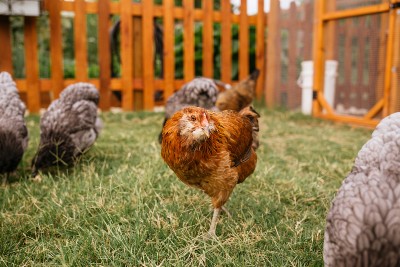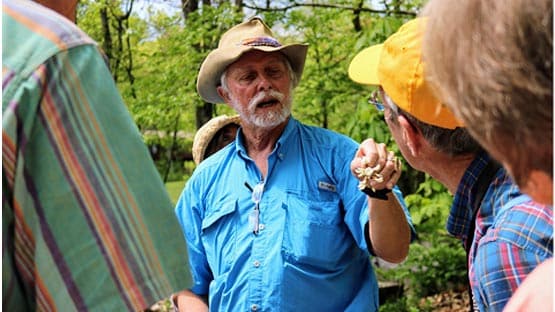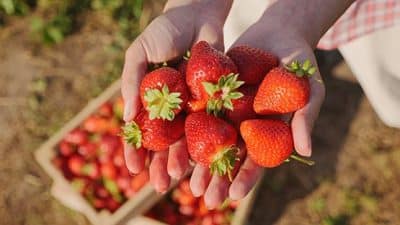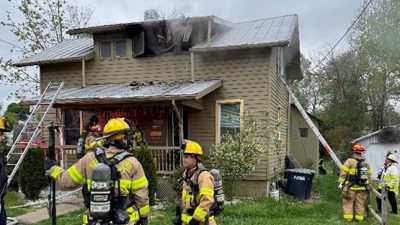
An outbreak of salmonella cases among backyard poultry flocks has experts urging owners to practice safe handling and proper hygiene when working with birds, eggs and meat.
According to the Centers for Disease Control and Prevention, U.S. salmonella cases for 2021 had risen to 863 as of Aug. 31. That’s 191 new cases since the previous report on July 23, with 209 hospitalizations and two deaths among 47 states. Of those, 32 cases have been reported in Virginia, and one person has died.
“Salmonella bacteria may be found in poultry manure, and may not make the bird sick,” said Dr. Charles Broaddus, state veterinarian and director of the Virginia Department of Agriculture and Consumer Services’ Division of Food Industry Services. “The most effective way to prevent people who are handling chicks and chickens from getting sick is for them to wash their hands well after handling.”
Broaddus and other experts are asking parents to be especially vigilant when it comes to children, as one in four salmonella cases involve children under 5.
“Since small children are often not as aware of not putting their hands in their mouths or washing them well, we recommend that small children not handle poultry until they are of the age that their parents can trust them to wash their hands well and not put their hands in their mouths after handling chicks and chickens,” Broaddus advised.
Even if they look clean and healthy, backyard birds still can carry salmonella germs. Never kiss or cuddle poultry, and don’t eat or drink around them. When collecting eggs, use fine sandpaper, a brush or cloth to clear off dirt. Don’t rinse or wash them, because cooler water can pull germs into the egg through the porous shell.
“It’s very important that everyone practice biosecurity and proper personal hygiene to limit exposure,” said Tony Banks, senior assistant director of agriculture, development and innovation for Virginia Farm Bureau Federation. “This is especially true for owners of backyard poultry and small commercial flocks—these individuals may not be aware of the potential hazard or may not wear dedicated clothing and footwear to reduce their potential exposure when working with their fowl.”
According to the CDC, severe symptoms of salmonella include a fever higher than 102 degrees, vomiting, diarrhea and signs of dehydration such as dry mouth and throat and dizziness. Seek medical attention right away if you’re experiencing any of these.
For more information about the salmonella outbreak and safe handling practices, visit https://bit.ly/3AboXOW.










